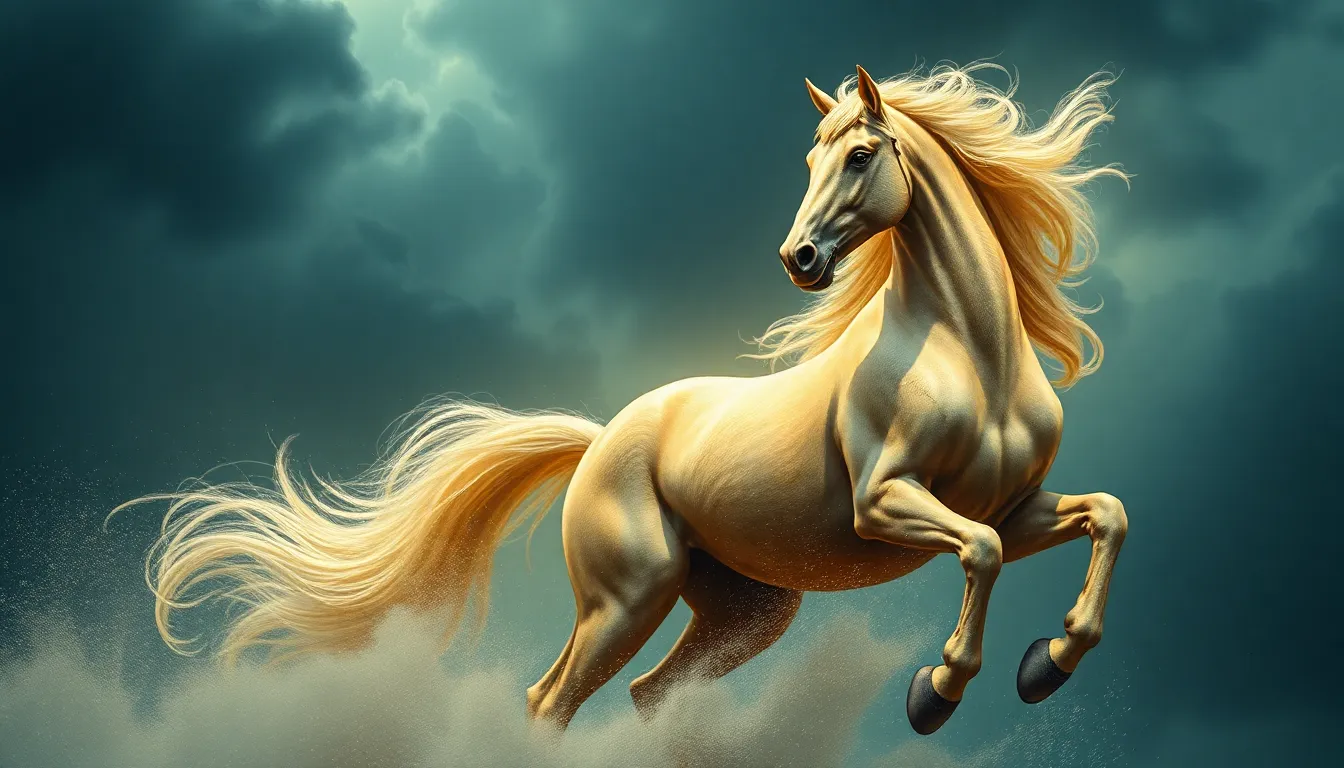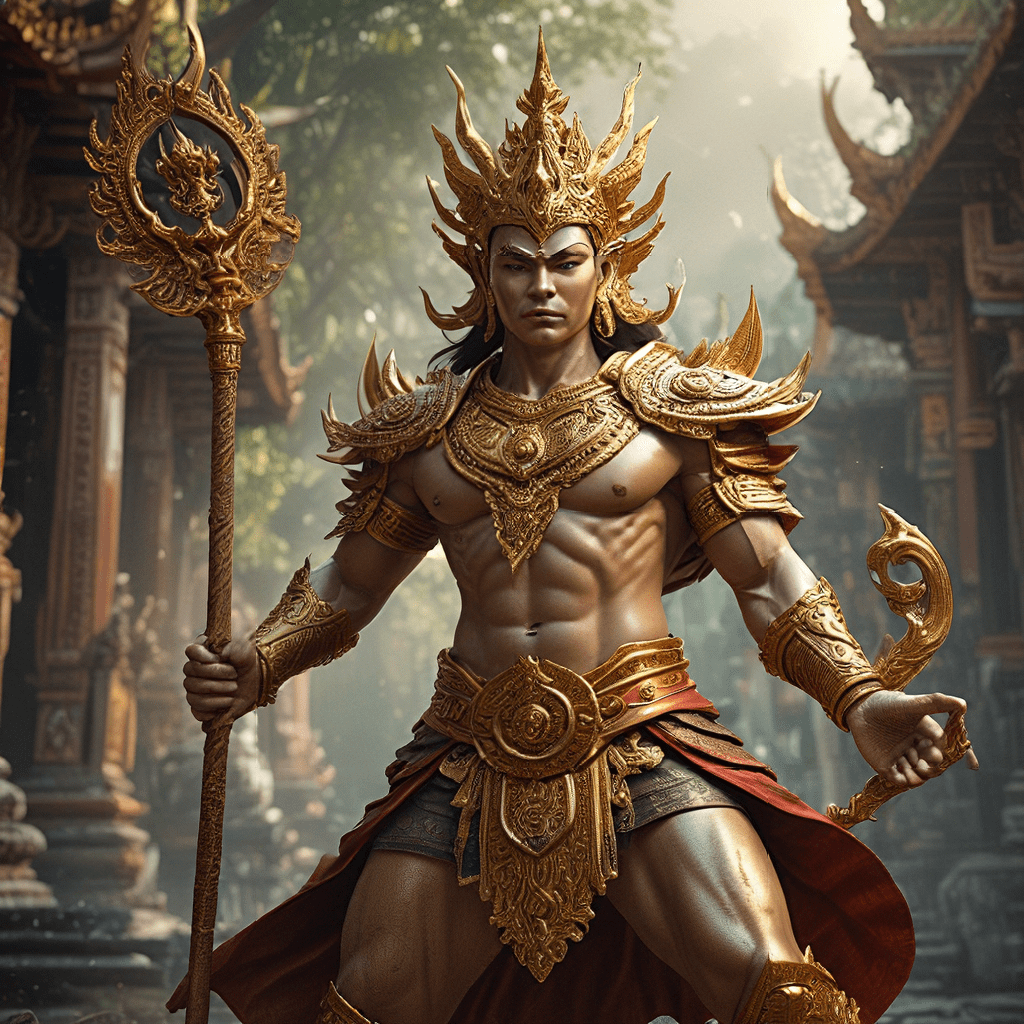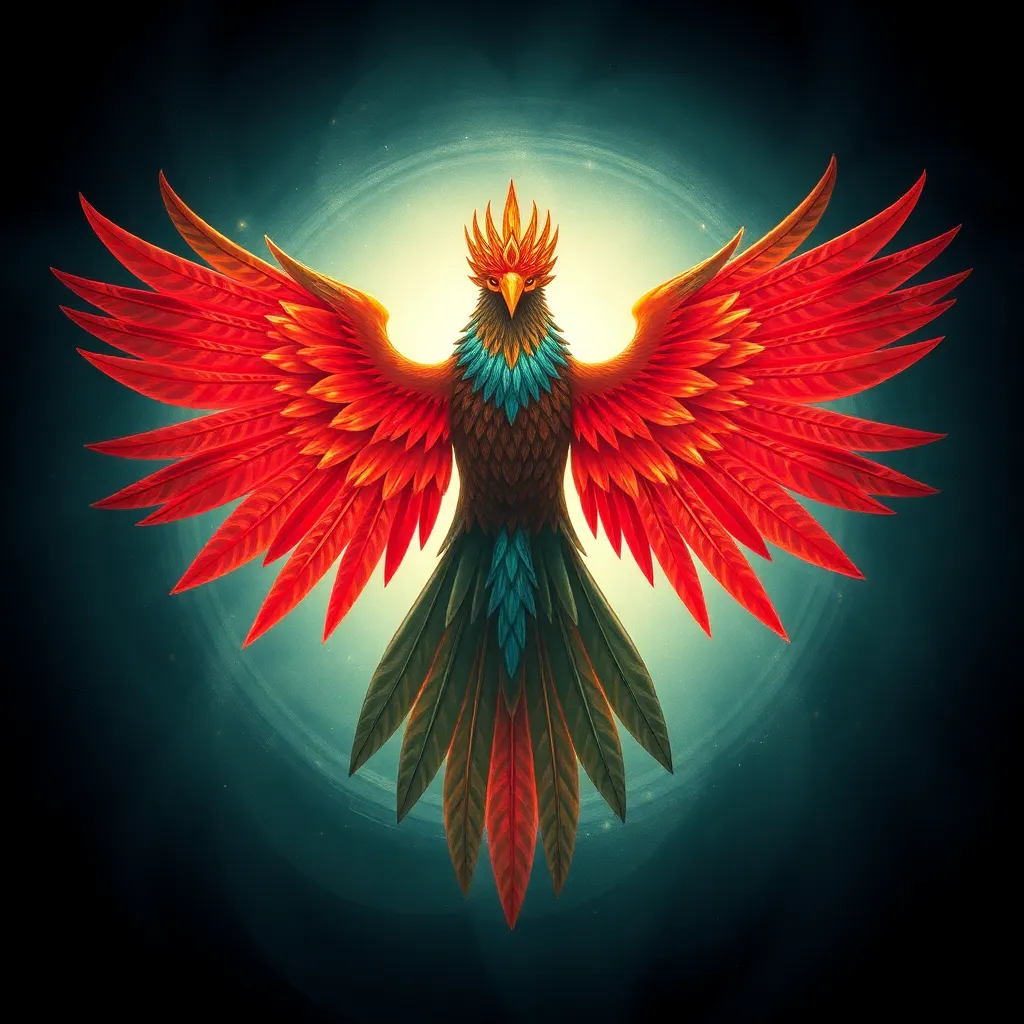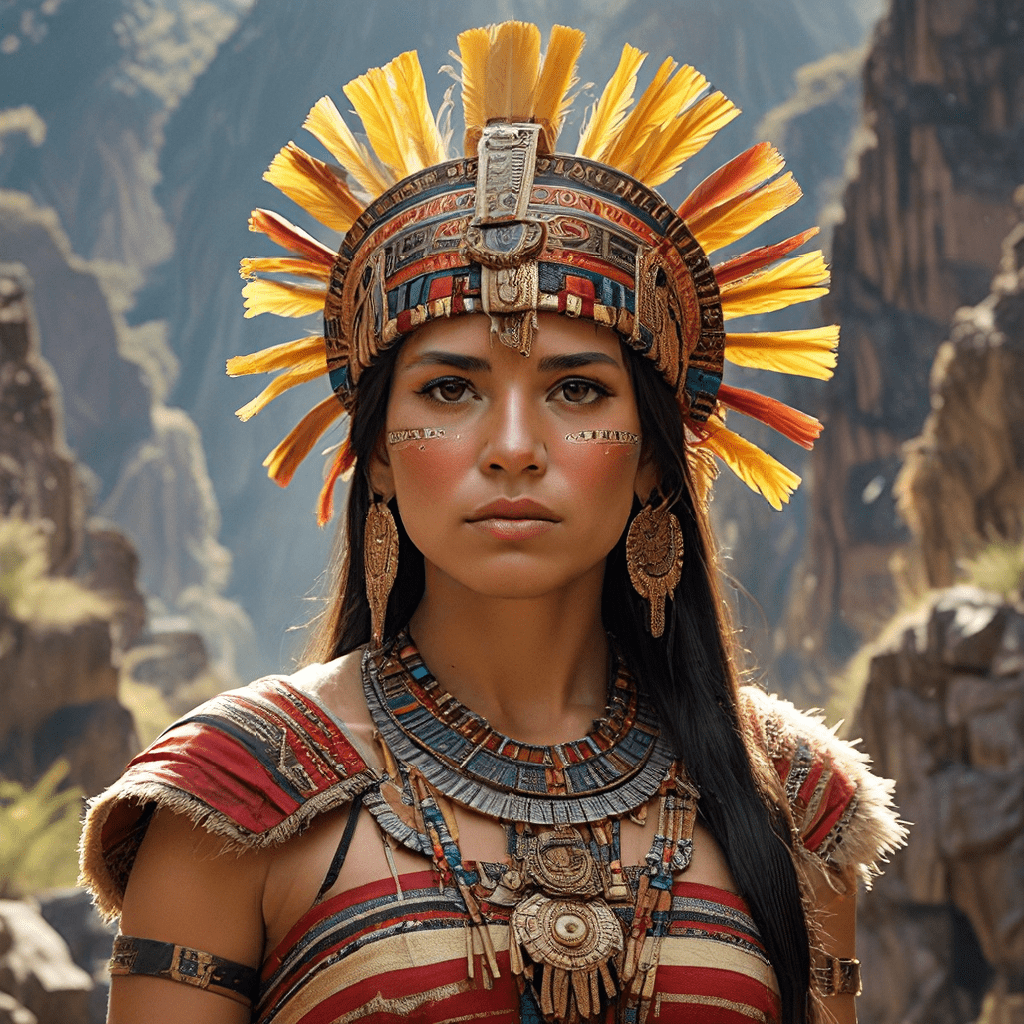Horses of the Gods: The Mythology Behind Equine Legends
I. Introduction
The significance of horses in mythology spans across cultures and eras, illustrating their profound connection to humanity’s understanding of power, freedom, and the divine. Horses have not only served as vital companions in daily life but have also emerged as powerful symbols within various mythological narratives. This article explores the intricate relationship between horses and divine narratives across different cultures, revealing how these majestic creatures have been woven into the fabric of myth and legend.
II. The Role of Horses in Mythology
In ancient societies, horses were revered not just as animals but as symbols of status, power, and divinity. They often represented the connection between the earthly realm and the divine. The role of horses in mythology can be summarized through the following points:
- Symbolism: Horses symbolized strength, endurance, and grace, often embodying the spirit of freedom.
- Divine Embodiments: They were considered manifestations of gods’ power, frequently associated with war and the afterlife.
- Cultural Significance: Different cultures regarded horses as sacred, linking them to prosperity and protection.
III. Equine Deities in Different Cultures
Throughout history, many cultures have featured equine deities that embody various aspects of life and spirituality. Here are some notable examples:
A. Greek mythology: The story of Pegasus
Pegasus, the winged horse born from the blood of Medusa, symbolizes inspiration and poetic imagination. He is often depicted as a divine creature helping heroes in their quests.
B. Norse mythology: Sleipnir, Odin’s eight-legged steed
Sleipnir is renowned for his incredible speed and strength, serving as a bridge between the realms of gods and humans. As Odin’s companion, he was seen as a guide through the cosmos.
C. Hindu mythology: Ucchaisravas, the celestial horse
In Hindu tradition, Ucchaisravas emerged from the churning of the ocean of milk. This divine horse symbolizes abundance and is often associated with wealth and prosperity.
IV. Legendary Horses and Their Heroes
The bond between legendary horses and their riders often defines their heroic tales. These relationships are steeped in mutual respect and shared destiny.
A. The connection between legendary horses and their riders
Many heroes are paired with their steeds, enhancing their quests and adventures:
- Bucephalus, the mighty steed of Alexander the Great, exemplified courage and loyalty.
- Ron the Horse, from the tale of King Arthur, became a symbol of nobility and bravery.
B. The tale of Bucephalus and Alexander the Great
Bucephalus was not just a horse; he was a steadfast companion who shared in Alexander’s triumphs. Their bond represented a powerful alliance between man and horse, contributing to Alexander’s legendary conquests.
C. The significance of horses in the adventures of mythological heroes
In numerous myths, horses often play crucial roles in the triumphs and trials of heroes, acting as companions, guides, and even extensions of their will.
V. Horses as Messengers and Guides
Beyond their physical abilities, horses often serve as messengers and spiritual guides in various mythologies. They are depicted as facilitators of journeys beyond the mortal realm.
A. The role of horses in spiritual journeys and afterlife myths
In many cultures, horses are believed to guide souls to the afterlife or represent the transition between life and death.
B. Examples from various mythologies
- In Greek mythology, Charon, the ferryman of Hades, transports souls across the river Styx using a boat pulled by horses.
- In Celtic myths, horses are often seen as conduits to the Otherworld, guiding heroes in their quests.
VI. Creation Myths Involving Horses
Horses also feature prominently in various creation myths, symbolizing the birth of the world and the forces that shape it.
A. Horses in the creation stories of different cultures
In some narratives, horses are seen as creators or facilitators of the earth’s formation, embodying raw power and freedom.
B. The significance of horses in shaping the world in mythological narratives
These stories often depict horses as essential to the balance of nature, highlighting their role in sustaining life and promoting harmony.
VII. The Intersection of Horses and Warfare in Mythology
Horses are frequently depicted as symbols of conquest and valor, playing pivotal roles in battles and conflicts.
A. Horses as symbols of conquest and valor
Throughout history, horses have been associated with warriors and nobility, representing strength and bravery in the face of adversity.
B. Notable battles and the legendary steeds that played key roles
- In the Iliad, Achilles rides his horse, Xanthus, into battle, symbolizing unmatched courage.
- Genghis Khan’s legendary steed, Kherem, epitomized the fierce spirit of Mongolian warriors.
VIII. Folklore and Legends: The Evolution of Equine Myths
The evolution of equine myths in folklore has shaped modern perceptions of horses, blending historical narratives with local legends.
A. How folklore has shaped modern perceptions of mythical horses
Folklore has often taken ancient myths and adapted them into more contemporary tales, showcasing the versatile role of horses in human culture.
B. The blending of mythology and local legends over time
This blending has resulted in a rich tapestry of stories that continue to resonate with audiences today, demonstrating the enduring fascination with equine legends.
IX. The Legacy of Mythical Horses in Contemporary Culture
The legacy of mythical horses is evident in literature, film, and art, with their stories continuing to inspire and captivate modern audiences.
A. Influence on literature, film, and art
From literary classics to Hollywood blockbusters, the imagery of mythical horses remains a powerful motif, symbolizing freedom and adventure.
B. The continued fascination with equine legends in modern storytelling
Today’s narratives draw from the rich history of equine mythology, reflecting timeless themes of connection, struggle, and the quest for identity.
X. Conclusion
In conclusion, the enduring significance of horses in mythology highlights their roles as symbols of divinity, power, and connection. Across cultures, the narratives intertwining horses with gods, heroes, and creation stories reflect universal themes that resonate through time. These equine legends not only enrich our understanding of ancient societies but also continue to inspire contemporary culture, bridging the gap between past and present.




